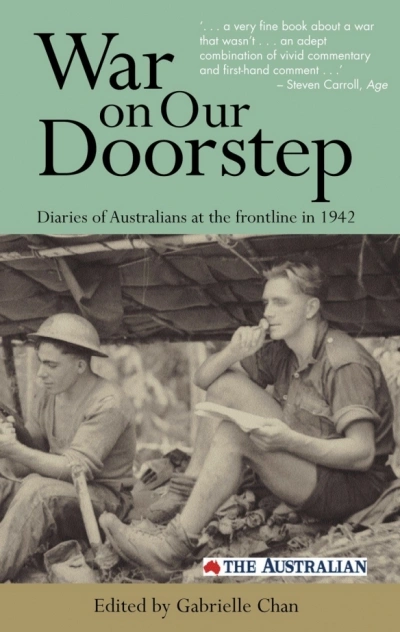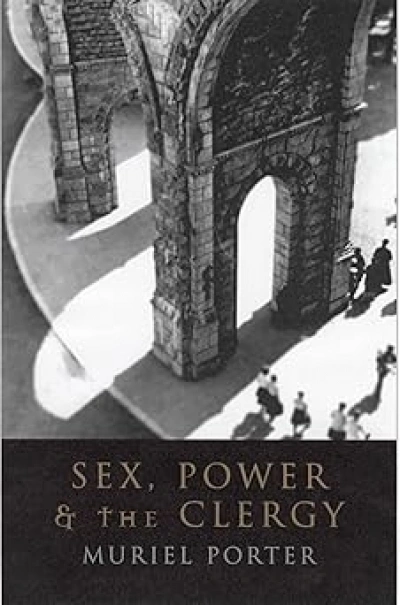In Hoodie Economics, Jack Manning Bancroft, the founder of the Australian Indigenous Mentoring Experience (AIME), offers an outline of the organisation’s next chapter. AIME, established in 2005, paired Indigenous secondary school students with university mentors. Since 2015, AIME has begun to transition, in collaboration with PwC’s Indigenous Consulting and alliance partner Salesforce, into a learning and mentoring resource network. As the organisation’s website puts it, AIME’s latest incarnation, the IMAGI-NATION [University], is a ‘global community of problem-solvers and change-makers’ earmarked to end – intentionally – in 2033, leaving behind ‘a legacy of tools, case studies, and a healthier system for all species on earth’. In the meantime, the ‘innovative platform is set to revolutionize how we solve global challenges, fostering a community of thinkers, dreamers, and doers’. In other words, AIME has entered the economies of algorithmic data, decentralisation, and gamification.
...
(read more)







